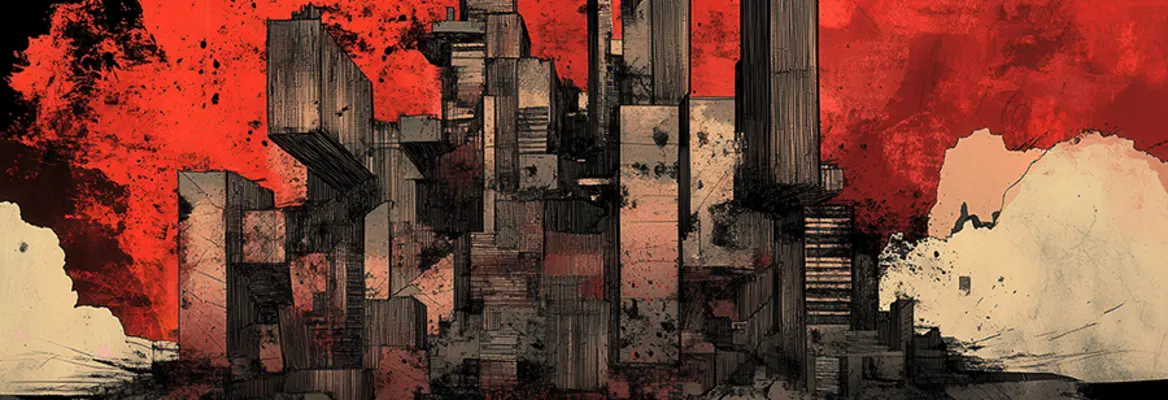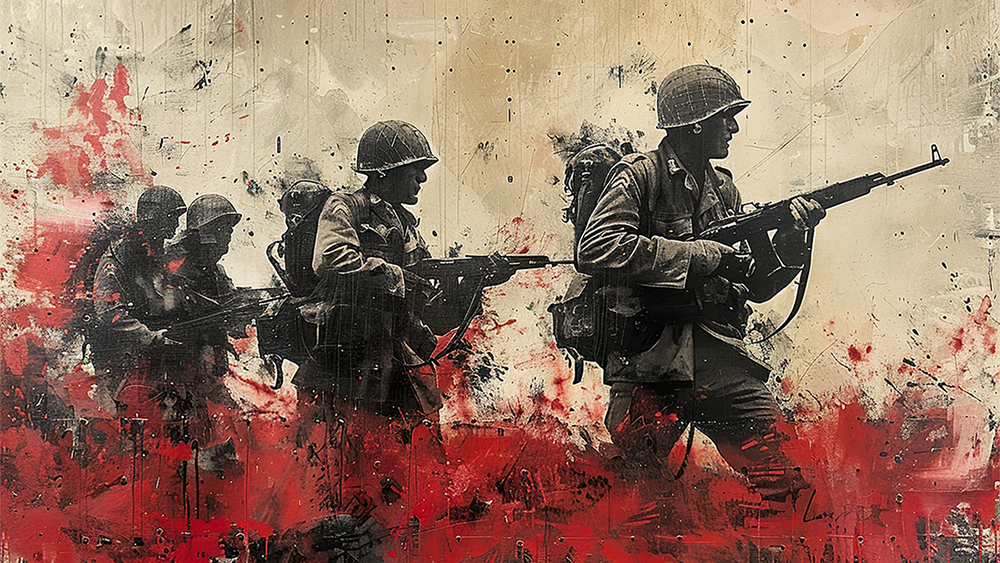John Gray prophetically called the end of liberalism. Criticising liberalism's universalism, egalitarianism, hyper-individualism (which became identity politics), and its belief in moral progress, Gray sees liberalism as a hangover from religion. But it is now crumbling. China, Russia, and the US are fighting to lead the new world order. In this piece, former intelligence officer Andy Owen argues that it is liberalism's utopian notions that ultimately led to its demise, and that this too is a hangover from religion in that it reflects a search for salvation. Instead, he argues, with Gray, that we should give up on looking for utopia, or meaning in life at all.
Join John Gray and Andy Owen at the HowTheLightGetsIn festival this September, alongside Alastair Campbell, Brian Cox, Sabine Hossenfelder, Alain de Botton, Mary Trump, and many more. Book your place now.
It was in a warzone that I first read John Gray’s work. His words cut through the silence of the still, mid-afternoon heat of Helmand Province, Afghanistan. They helped me make sense of the political ideology that I had unknowingly become a missionary for: liberal humanism. In Black Mass: Apocalyptic Religion and the Death of Utopia, Gray showed how President George W Bush and Prime Minister Tony Blair framed the ‘war on terror’ as an apocalyptic struggle that would forge the new American century of liberal democracy, where personal freedom and free markets were the end goals of human progress. Gray’s latest work, The New Leviathans; Thoughts After Liberalism, uses the work of Thomas Hobbes (according to Gray the first and last great liberal philosopher), to conduct a pre-mortem examination of the hubristic and utopian world that ideology failed to forge and a meditation on the new world order that is being born out of its death throes. As much as Gray helped me make sense of the wars I experienced, his discussion of Hobbes can help us make sense of our troubled times. Whilst Gray doesn’t offer easy solutions to the violence of a post-liberal world, his observations on our unchanging human needs that lead us on the constant search for ideologies that give us meaning, purpose and belonging, can offer personal consolation.
___
According to Gray, belief in progress is the Prozac of the thinking classes. After the last few decades, for many, the drugs are no longer working.
___
A message repeated throughout Gray’s work is that scientific and technological knowledge increases over time, yet there’s no reason to think that morality or culture will also progress, nor – if it does progress for a period – that this progress is irreversible. History is not an ascending spiral of human advance from unenlightened times to a better world. It is an unending cycle in which changing knowledge interacts with unchanging human needs in oscillating periods of war and peace, during which violence is often inflicted by those thinking that they were doing the right thing for the greater good. In science progress is fact, in ethics and politics it is a superstition. According to Gray, belief in progress is the Prozac of the thinking classes. After the last few decades, for many, the drugs are no longer working.





















Join the conversation